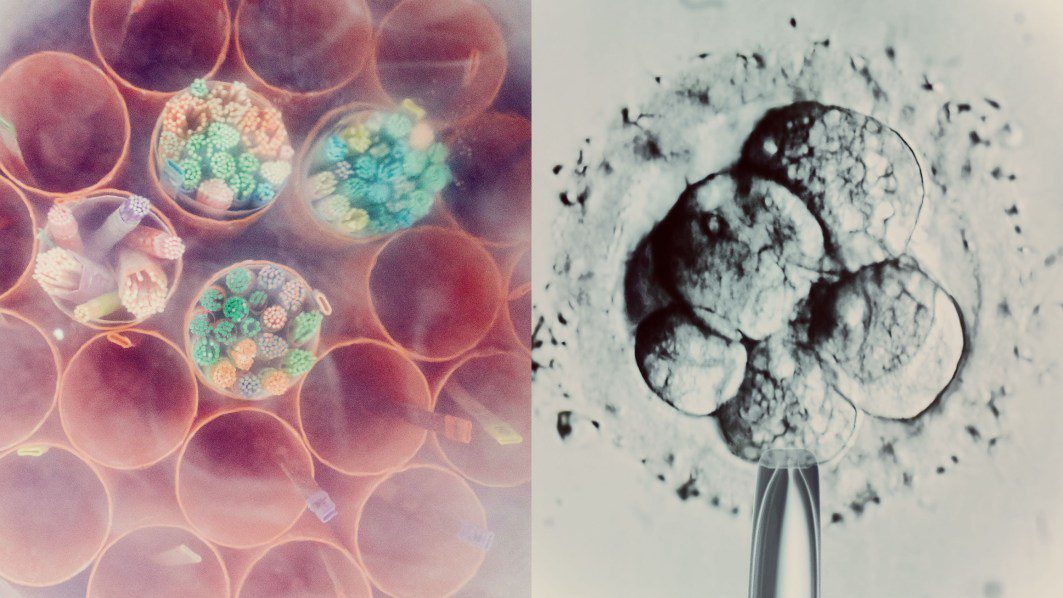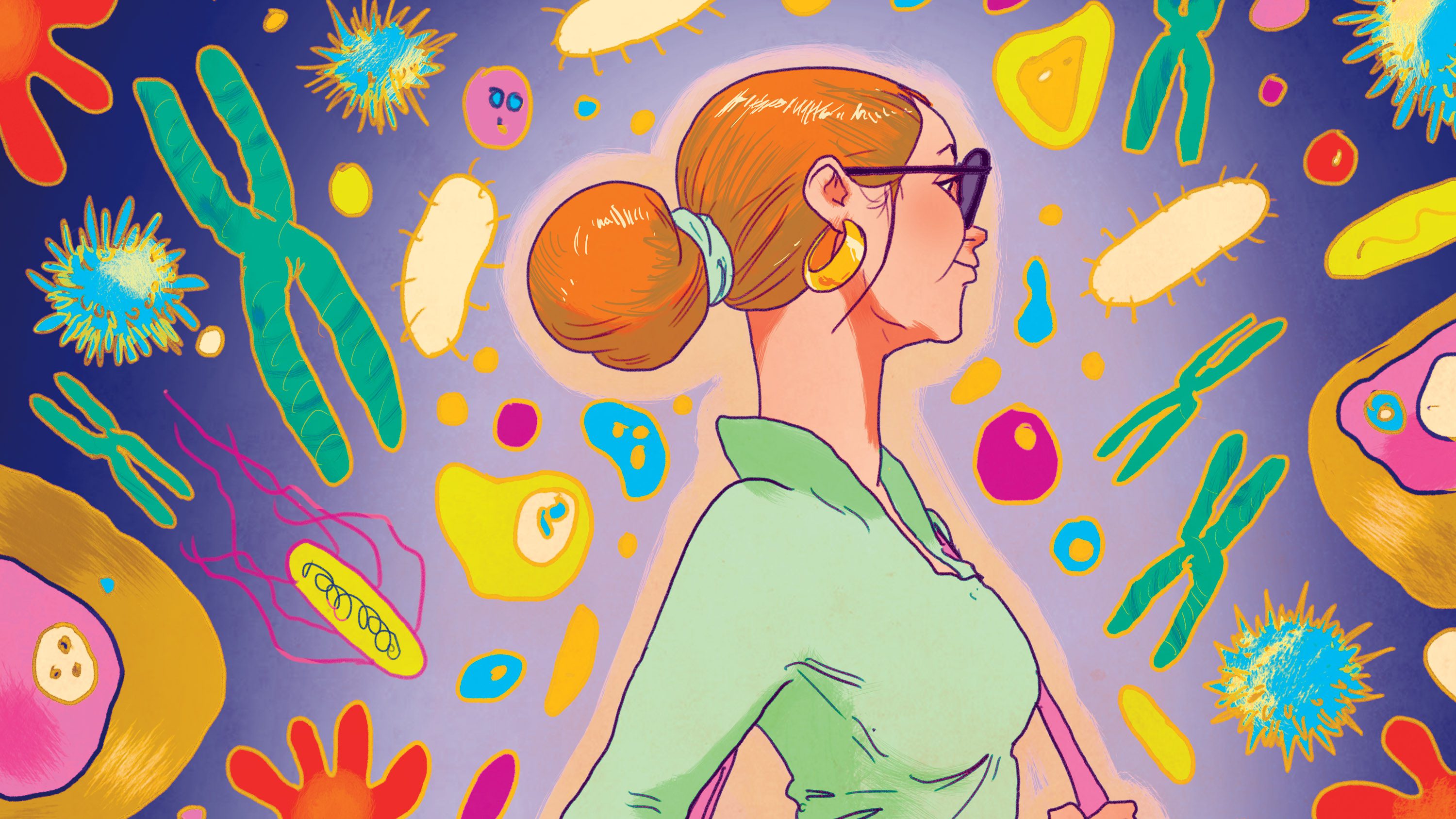The Download: flaws in anti-AI protections for art, and an AI regulation vibe shift
This is today’s edition of The Download, our weekday newsletter that provides a daily dose of what’s going on in the world of technology.
This tool strips away anti-AI protections from digital art
The news: A new technique called LightShed will make it harder for artists to use existing protective tools to stop their work from being ingested for AI training. It’s the next step in a cat-and-mouse game—across technology, law, and culture—that has been going on between artists and AI proponents for years.
How it works: Protective tools like Glaze and Nightshade change enough pixels to affect an image, so if it’s scraped up by AI models, they see it as something it’s not. LightShed essentially works by spotting just the “poison” on poisoned images. To be clear, the researchers behind it aren’t trying to steal artists’ work. They just don’t want people to get a false sense of security. Read the full story.
—Peter Hall
Why the AI moratorium’s defeat may signal a new political era
The “Big, Beautiful Bill” that President Donald Trump signed into law on July 4 was chock full of controversial policies. But one highly contested provision was missing. Just days earlier, during a late-night voting session, the Senate had killed the bill’s 10-year moratorium on state-level AI regulation.
The bipartisan vote was seen as a victory by many, and may signal a bigger political shift, with a broader and more diverse coalition in favor of AI regulation starting to form. After years of relative inaction, politicians are getting concerned about the risks of unregulated artificial intelligence. Read the full story.
—Grace Huckins
China’s energy dominance in three charts
China is the dominant force in next-generation energy technologies today. It’s pouring hundreds of billions of dollars into putting renewable sources like wind and solar, manufacturing millions of electric vehicles, and building out capacity for energy storage, nuclear power, and more. This investment has been transformational for the country’s economy and has contributed to establishing China as a major player in global politics.
So while we all try to get our heads around what’s next for climate tech in the US and beyond, let’s look at just how dominant China is when it comes to clean energy, as documented in three charts. Read the full story.
—Casey Crownhart
This article is from The Spark, MIT Technology Review’s weekly climate newsletter. To receive it in your inbox every Wednesday, sign up here.
The must-reads
I’ve combed the internet to find you today’s most fun/important/scary/fascinating stories about technology.
1 Linda Yaccarino is stepping down as CEO of X
She managed to last almost exactly two years reporting to owner Elon Musk. (Axios)
+ She was planning to leave before Grok’s anti-Semitic rants, apparently. (NYT $)
+ Turkey has banned Grok after it insulted President Erdoğan. (Politico)
2 OpenAI is planning to release its own web browser
If it works out, it’ll give it the same advantage as Google: direct ownership over users’ data. (Reuters $)
+ AI means the end of internet search as we’ve known it. (MIT Technology Review)
3 McDonald’s hiring chatbot exposed millions of applicants’ data to hackers
Adding the insult of carelessness to an already pretty dystopian process! (Wired $)
4 AI-generated images of child sexual abuse are proliferating online
This is going to make an already very hard job for law enforcement even harder. (NYT $)
5 Autonomous fighter jets are on the horizon
European defense start-up Helsing just completed two successful test flights. (FT $)
+ Generative AI is learning to spy for the US military. (MIT Technology Review)
6 What happened to all the human bird flu cases?
Since February, the CDC has not recorded a single new case in the US. (Undark)
7 An interstellar object is cruising through the solar system
And it’s giving astronomers a chance to test out early theories of interstellar-object-ology (yes, that’s what it’s called!) (The Economist $)
+ Inside the most dangerous asteroid hunt ever. (MIT Technology Review)
8 Apple is planning its first upgrade to its Vision Pro headset
But no matter what upgrades it’s got, it’s going to be a real struggle to revive its flagging fortunes. (Bloomberg $)
9 Where have all the mundane social media posts gone?
Normies used to be what made social media good. We miss them and their photos of their breakfasts. (New Yorker $)
+ It’s heartening to see that ‘missed connection’ posts are making a comeback, though. (The Guardian)
10 A global shortage is turning MatchaTok sour
But it’s pretty easy to explain why it’s in short supply: the whole world’s started going mad for it. (WSJ $)
“You’ll be hard pressed to find someone that really believes in our AI mission. To most, it’s not even clear what our mission is.”
—Tijmen Blankevoort, an AI researcher at Meta, explains why he thinks expensive hires alone might not cure the company’s woes, The Information reports.
One more thing

The race to save our online lives from a digital dark age
There is a photo of my daughter that I love. She is sitting, smiling, in our old back garden, chubby hands grabbing at the cool grass. It was taken on a digital camera in 2013, when she was almost one, but now lives on Google Photos.
But what if, one day, Google ceased to function? What if I lost my treasured photos forever? For many archivists, alarm bells are ringing. Across the world, they are scraping up defunct websites or at-risk data collections to save as much of our digital lives as possible. Others are working on ways to store that data in formats that will last hundreds, perhaps even thousands, of years.
The endeavor raises complex questions. What is important to us? How and why do we decide what to keep—and what do we let go? And how will future generations make sense of what we’re able to save? Read the full story.
—Niall Firth
We can still have nice things
A place for comfort, fun and distraction to brighten up your day. (Got any ideas? Drop me a line or skeet ’em at me.)
+ Why Hollywood is so hell-bent on making sequels.
+ I love this sweet little town building program.
+ What makes Severance’s opening credits so darn good?
+ This ranking of HBO’s finest shows is fun.













